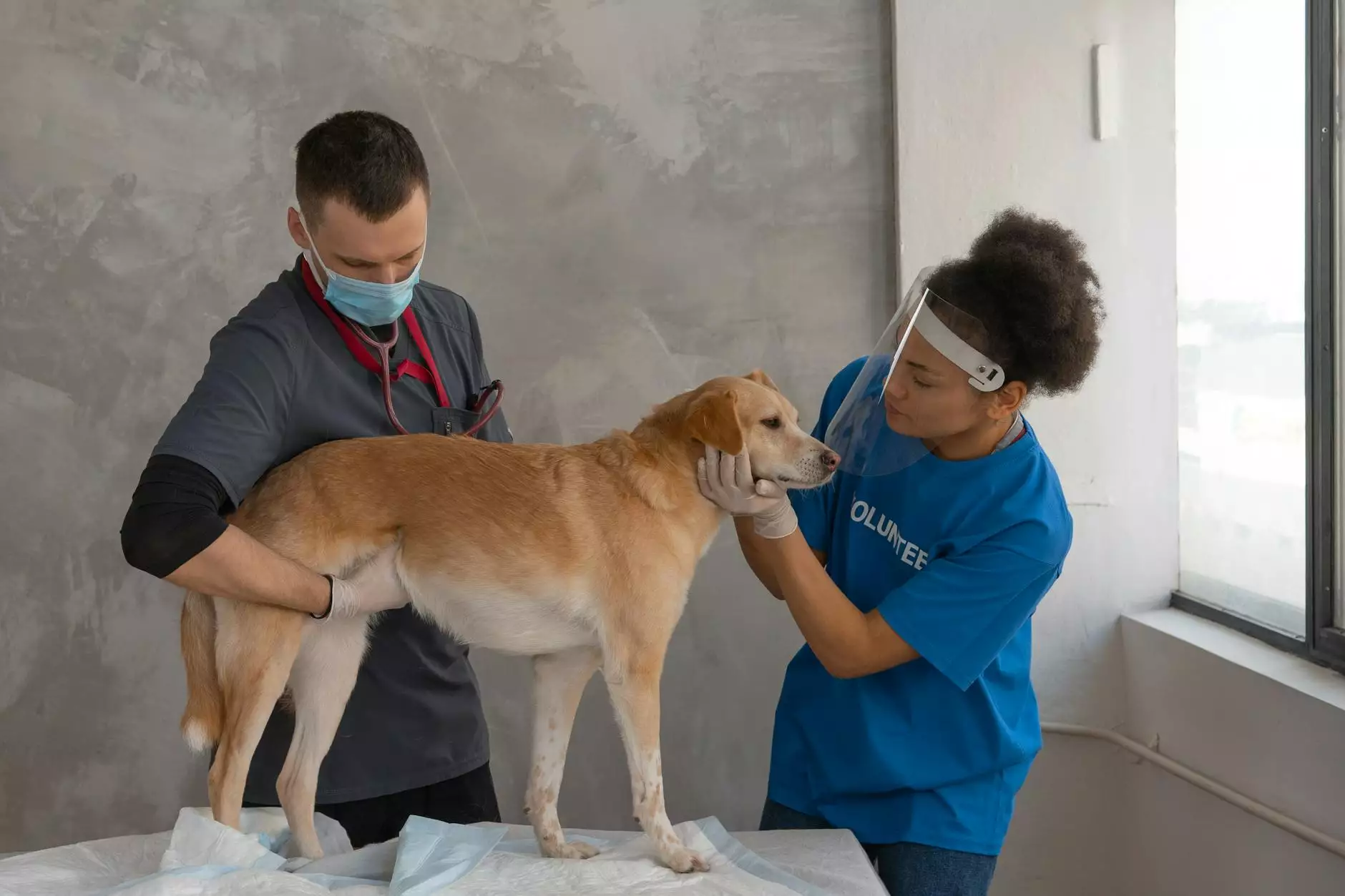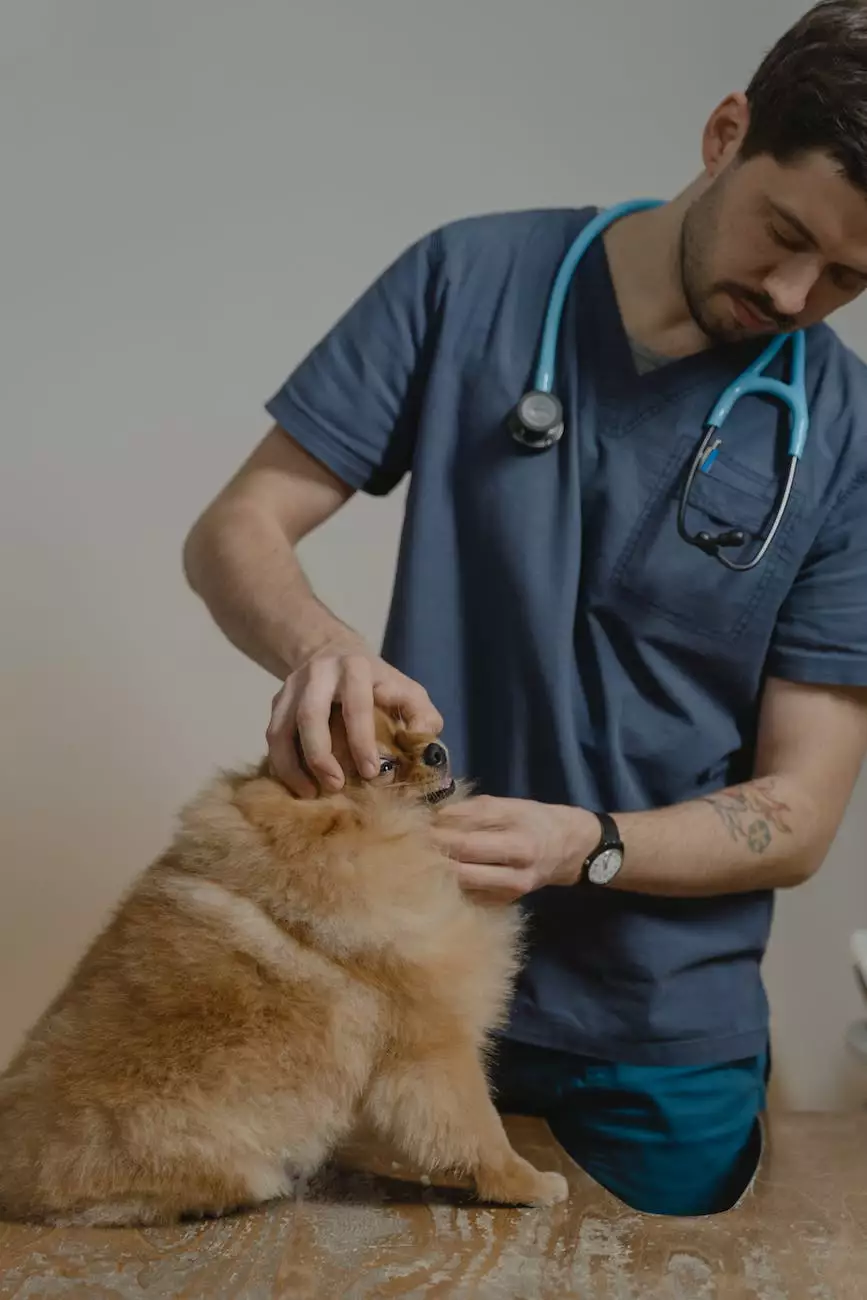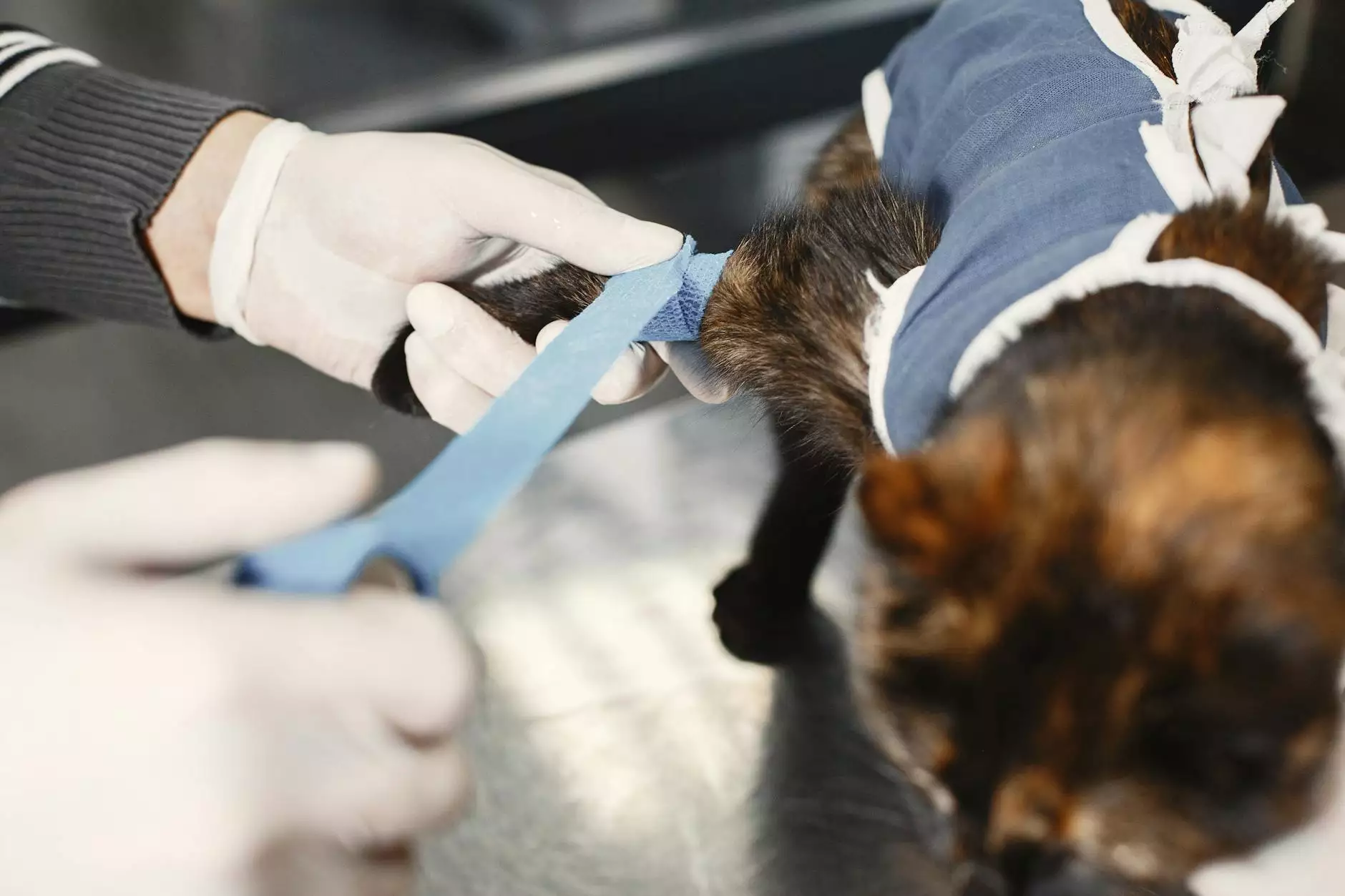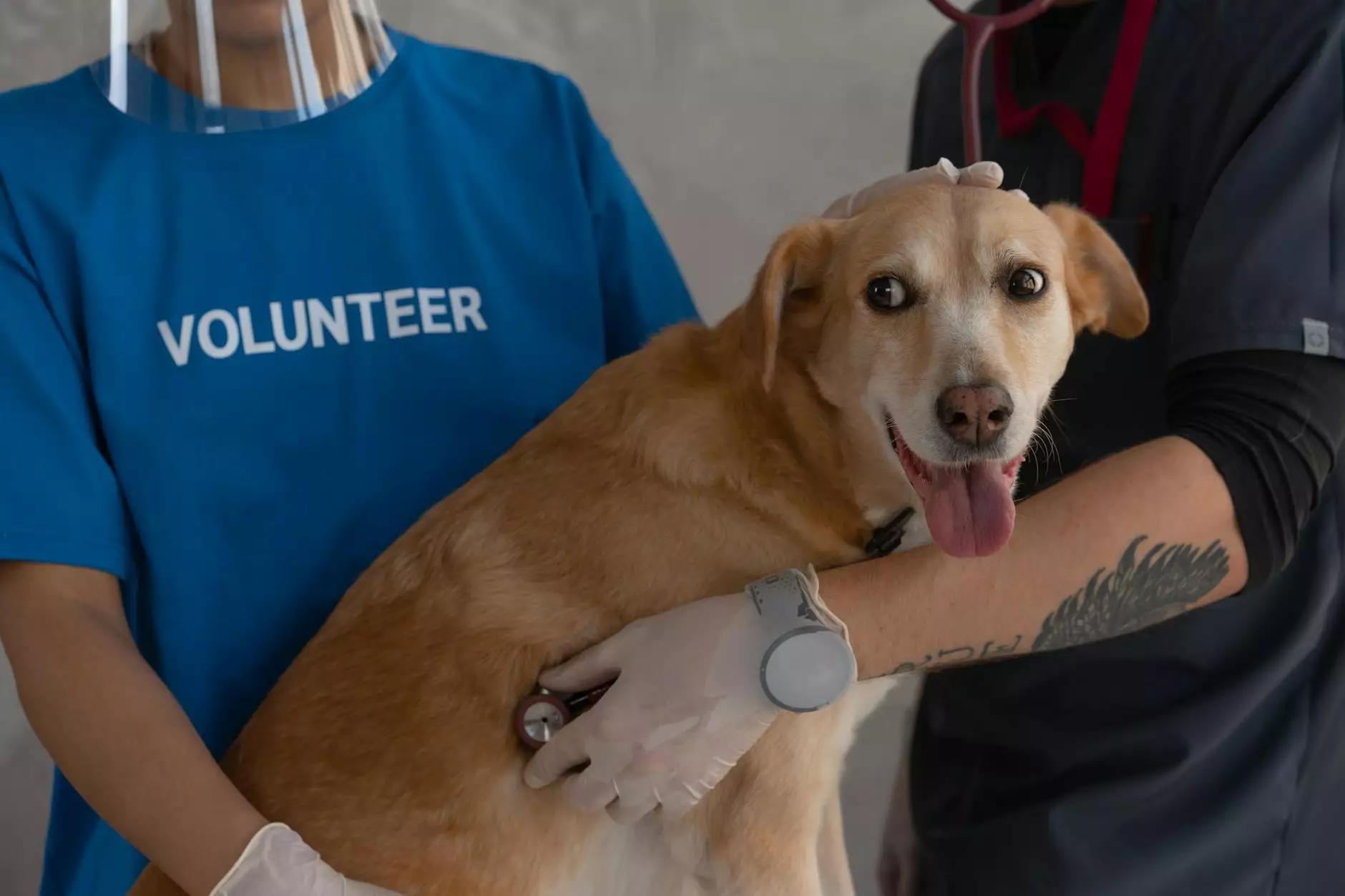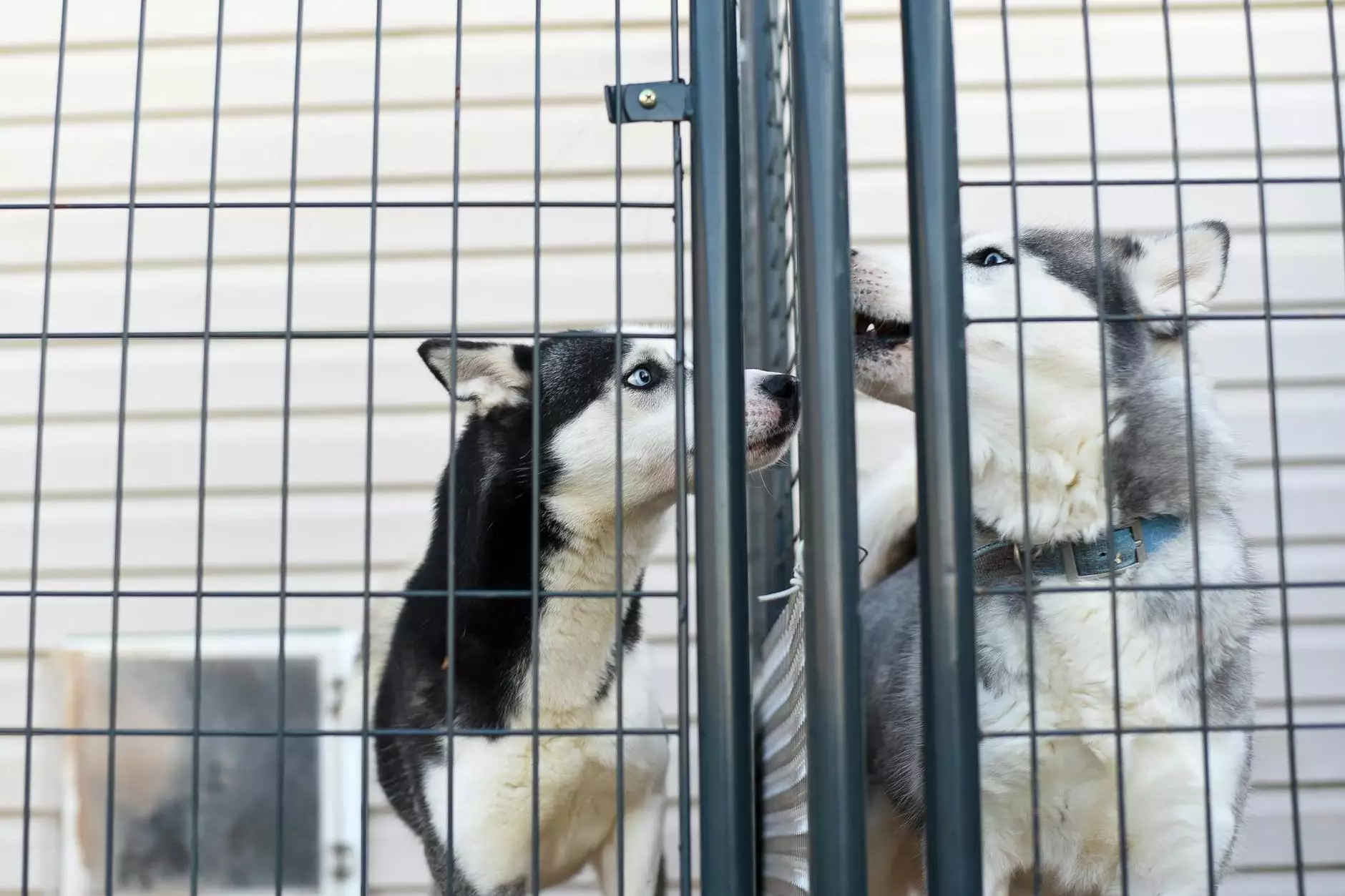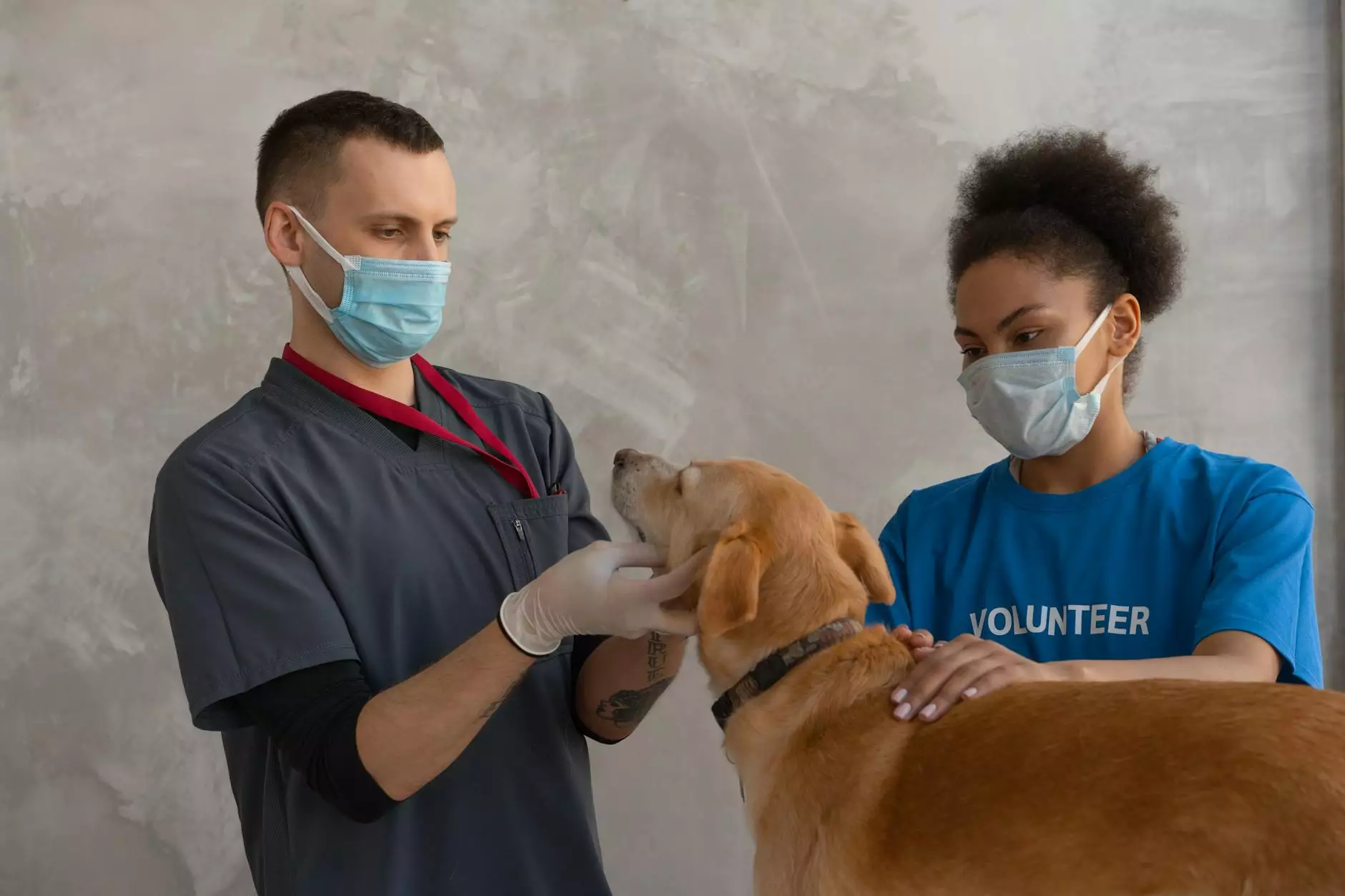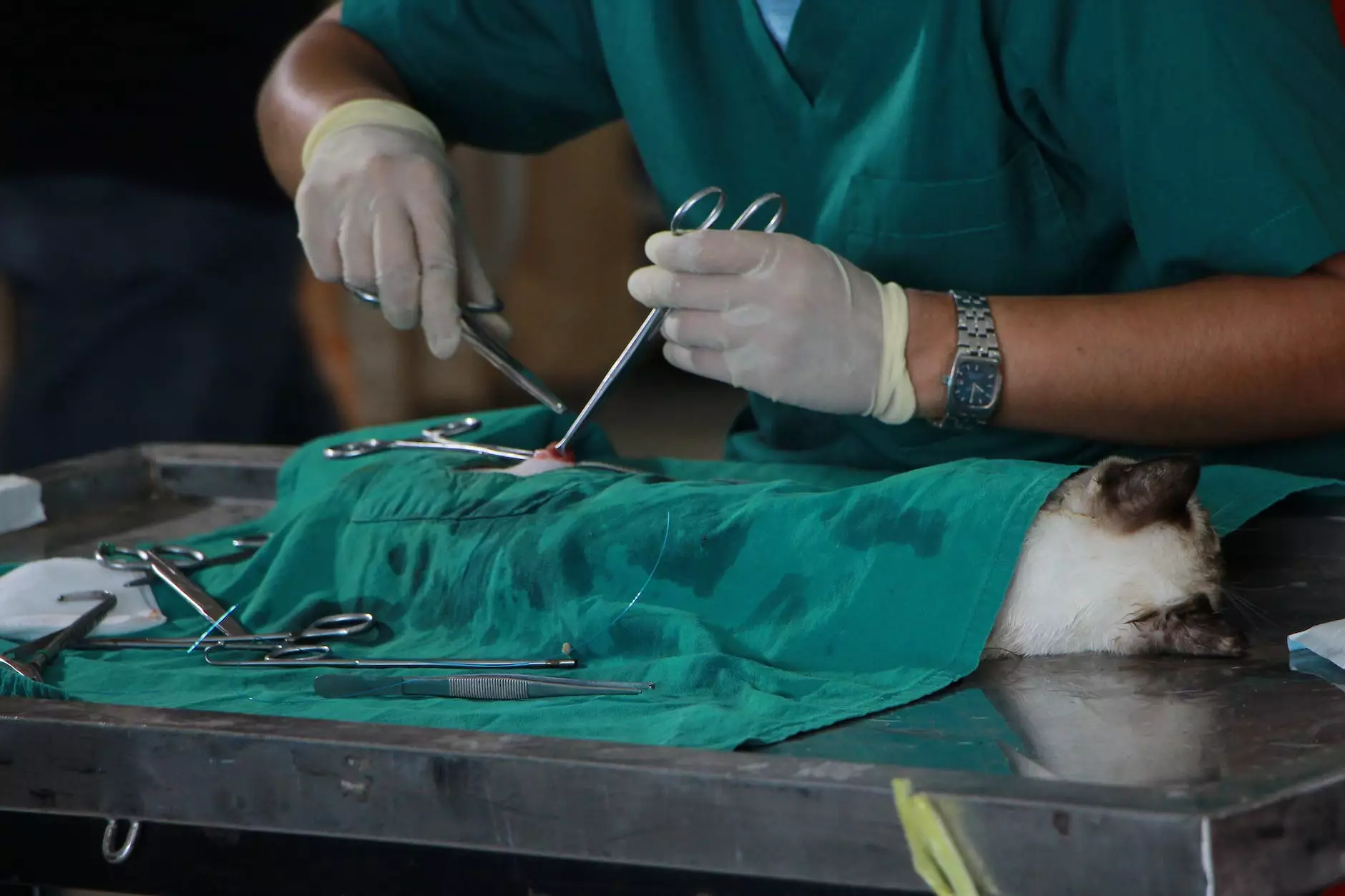Can Cats Get a Cold? | San Gabriel Vets - Rosey Dog Care
Blog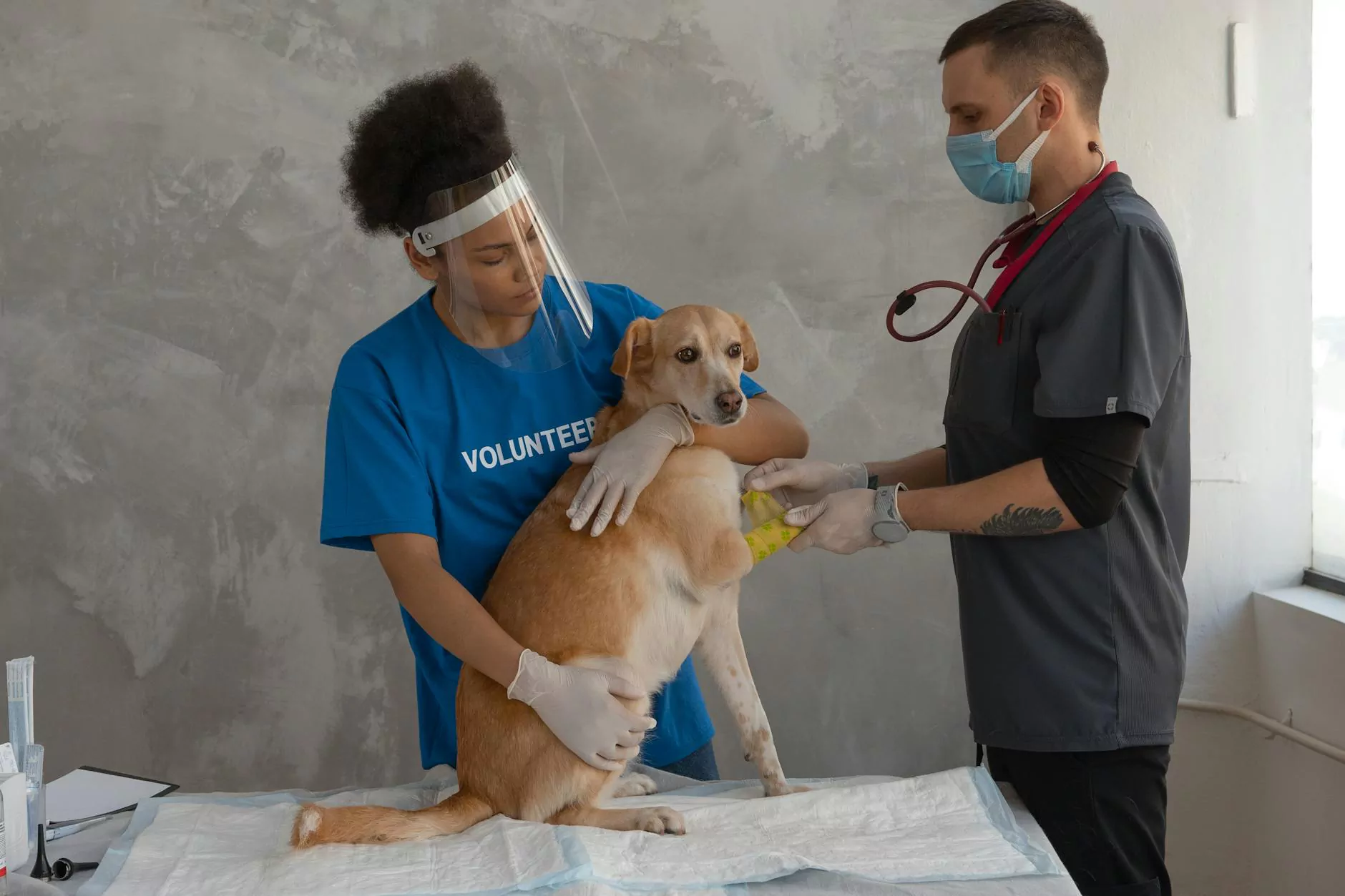
- Home
- About Us
- Services
- Blog
- Contact Us
The Common Question: Can Cats Get a Cold?
As a trusted source for pet care in the San Gabriel area, Rosey Dog Care understands the concerns pet owners have when it comes to the health of their furry friends. One question we often receive is, "Can cats get a cold?" The short answer is yes, cats can indeed catch a cold, but it's essential to understand the details and take the necessary precautions to keep your feline companion healthy.
A cat cold, also known as feline upper respiratory infection (URI), is similar to the common cold in humans. It is a highly contagious viral or bacterial infection that affects a cat's respiratory system. The most common culprits behind a cat cold are the feline herpesvirus and feline calicivirus. These viruses can spread quickly among cats, especially in areas with multiple felines or stressful environments like shelters.
Symptoms of a Cat Cold
Recognizing the symptoms of a cat cold is crucial for early detection and treatment. Some common signs of a cat cold include:
- Nasal congestion: Cats may have a runny or blocked nose
- Sneezing: Frequent sneezing, sometimes accompanied by nasal discharge
- Coughing: Dry or moist cough due to irritation of the respiratory system
- Watery eyes: Excessive tearing or discharge from the eyes
- Lethargy: Unusual tiredness or lack of energy
- Reduced appetite: Cats may show a decreased interest in food
- Fever: Elevated body temperature above 102°F (38.9°C)
It's important to note that these symptoms can vary in severity depending on the individual cat's immune system and overall health. If you notice any of these signs, contacting your veterinarian promptly is recommended.
Preventing a Cat Cold
Taking preventive measures is key to keeping your cat healthy and reducing the risk of a cold. Here are some tips to consider:
- Vaccinations: Ensure your cat is up to date on essential vaccinations, including those for feline herpesvirus and feline calicivirus.
- Indoor living: If possible, keep your cat indoors to minimize exposure to infected cats or other potential sources of contagion.
- Good hygiene: Practice regular handwashing and proper disinfection of surfaces to prevent the spread of viruses.
- Stress reduction: Minimize stressors in your cat's environment, as stress weakens the immune system and makes them more susceptible to infections.
- Proper nutrition: Feed your cat a balanced diet to ensure they receive essential nutrients that support their immune system.
It's important to consult with your veterinarian for personalized advice on additional preventive measures based on your cat's specific needs.
When to Seek Veterinary Care
While mild cases of cat colds can resolve on their own, more severe infections may require veterinary intervention. Contact your veterinarian if you observe:
- Persistent or severe symptoms that do not improve after a few days
- Lack of appetite and refusal to drink water
- Difficulty breathing or rapid breathing
- Bloody nasal discharge
- Wheezing or harsh coughing sounds
Your veterinarian will perform a thorough examination and recommend appropriate treatment options to help your cat recover.
Conclusion
In conclusion, cats can indeed catch a cold, but with proper care and preventive measures, you can minimize the risk. Understanding the symptoms and seeking veterinary care when necessary are crucial steps in ensuring your cat's well-being. At Rosey Dog Care in San Gabriel, we prioritize the health and happiness of all pets, including cats. Contact us today for expert advice and comprehensive pet care services.
© 2023 Rosey Dog Care - All rights reserved


